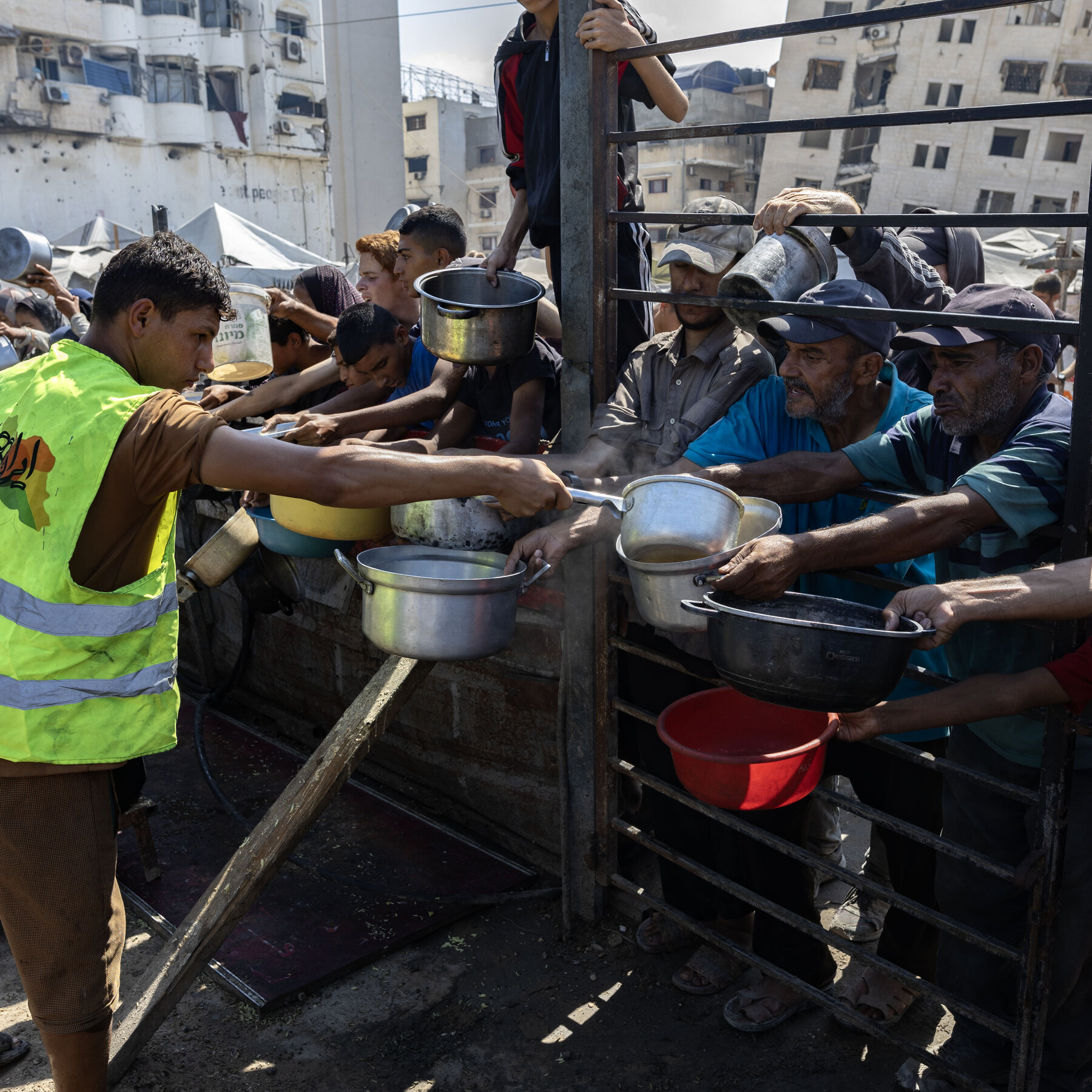The situation in Gaza has escalated dramatically as a recent report revealed a famine crisis impacting the region. Despite widespread condemnation from various international allies, the White House has yet to issue a public response. Analysts suggest that the lack of pressure from the United States may lead to Israel continuing its military operations without significant changes.
The report, released by the United Nations, highlights the dire humanitarian conditions in Gaza, where food insecurity has reached alarming levels. More than 1.1 million people face severe hunger, with many lacking access to basic necessities. The findings reflect the ongoing impact of the conflict, which has intensified since hostilities escalated in October 2023.
The U.S. government, traditionally a key ally of Israel, is facing scrutiny for its silence on the issue. Critics argue that without assertive diplomatic intervention, Israel may not alter its strategy in the region. Some analysts believe that sustained U.S. pressure could potentially lead to a reevaluation of military tactics and a greater focus on humanitarian needs.
International leaders have expressed concern over the humanitarian crisis. Antonio Guterres, the U.N. Secretary-General, called for immediate action to address the famine in Gaza, urging countries to provide aid and support. He emphasized the importance of prioritizing civilian life amidst ongoing military operations.
As the situation develops, the implications of the U.S.’s stance could have far-reaching effects on both regional stability and international relations. The Biden administration, which has previously voiced support for Israel’s right to defend itself, now faces a complex challenge in balancing geopolitical interests with humanitarian responsibilities.
Public opinion is also shifting regarding U.S. involvement in the Israeli-Palestinian conflict. Advocacy groups are increasingly calling for the government to take a more active role in addressing human rights issues. Many citizens are demanding that the U.S. leverage its relationship with Israel to promote peace and ensure the protection of civilians.
In the absence of a clear response from Washington, humanitarian organizations are stepping up efforts to provide aid. Groups on the ground report that access to food, clean water, and medical supplies is critically limited. The ongoing blockade has exacerbated the situation, leaving many in desperate need of assistance.
The international community continues to monitor the situation closely. As the famine crisis unfolds, pressure is mounting on the U.S. to reassess its position. The coming weeks could be pivotal in determining the future of U.S.-Israel relations and the humanitarian outlook for Gaza.
With the potential for a worsening crisis, the need for decisive action has never been more urgent. Analysts argue that a coordinated response from the U.S. and its allies could help mitigate the suffering of those caught in the conflict. The world watches as the Biden administration navigates this complex landscape, balancing its commitments to allies with the pressing demands of humanitarian aid.






































































